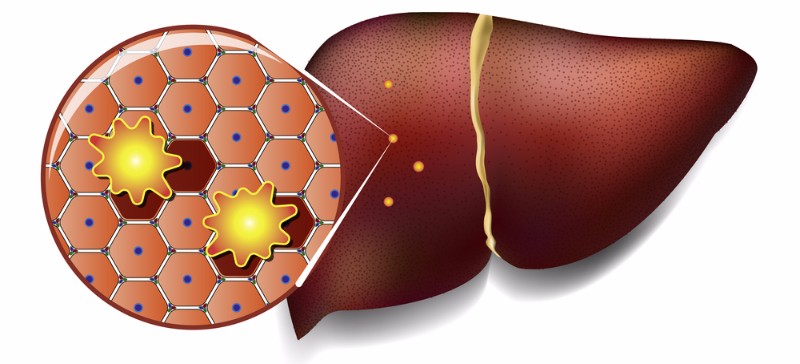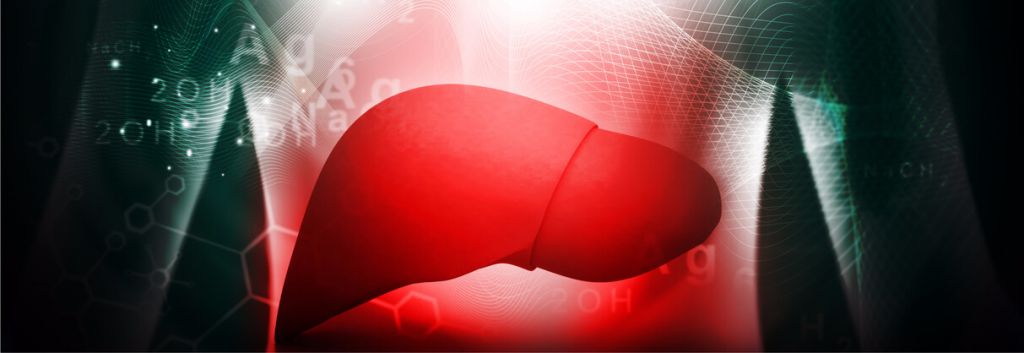Newsletter Signup - Under Article / In Page
"*" indicates required fields
Genfit has announced that closing of enrollment will be delayed up to 6 months. Will this affect its chances to be the first to launch a treatment for NASH?
The French biotech Genfit is leading the race to launch the first treatment ever for non-alcoholic steatohepatitis (NASH), a liver disease that affects 30 million people worldwide and has consequently a huge €37Bn market projection, according to Genfit’s CSO Jean-Christophe Marcoux. But its efforts have hit a speed bump with patient enrollment.
After raising €50M last year, Genfit started a Phase III study for its lead candidate, Elafibranor. The trial is expected to lead to conditional marketing approval from the FDA by 2019. Now, the company has announced a delay of 4 to 6 months in the trial given a slower recruitment of patients with more advanced stages of NASH. Genfit assured that this change won’t have an impact on the launch of Elafibranor as a first-line treatment for NASH.
The French biotech argues that the reason behind it is its focus on keeping enrollment statistics as close to medical reality as possible, maintaining the ethnic, gender, and disease severity balance. To compensate for the delays, the company plans to open more centers to the study.

This delay might give an advantage to Genfit’s main competitor, the US-based biotech Intercept, which is also running Phase III trials. Recently, Intercept changed the endpoints of the trial so that the resolution of NASH was no longer necessary to consider the drug’s activity a success. Additionally, it reduced the number of patients from 1,400 to just 750, which altogether caused a 12% stock jump.
Although Genfit’s endpoints are more challenging, aiming for NASH resolution in at least 1,000 patients, it could prove superior to Intercept’s Ocaliva. “We and Intercept are testing the same patient population, but a key difference is that we’re not limited to a certain population because of LDL cholesterol issues, as Intercept is,” Genfit’s CSO Jean-Christophe Marcoux told us.
While these two compete for the first place, plenty of runner-ups keep advancing their own approaches. In the last couple of days, Bristol-Myers Squibb and NGM Bio have both released positive Phase II data from their own NASH treatments. Last week, Allergan and Novartis teamed up to run a Phase IIb trial in NASH. The French Inventiva and the British Tiziana Life Sciences are among the competition in this crowded space too.
Images from bluebay, CLUSTERX / Shutterstock






